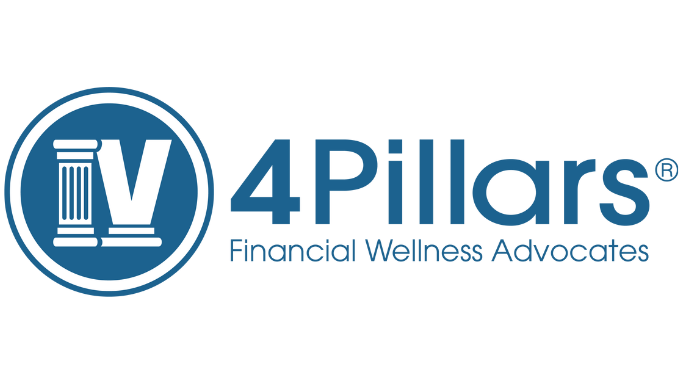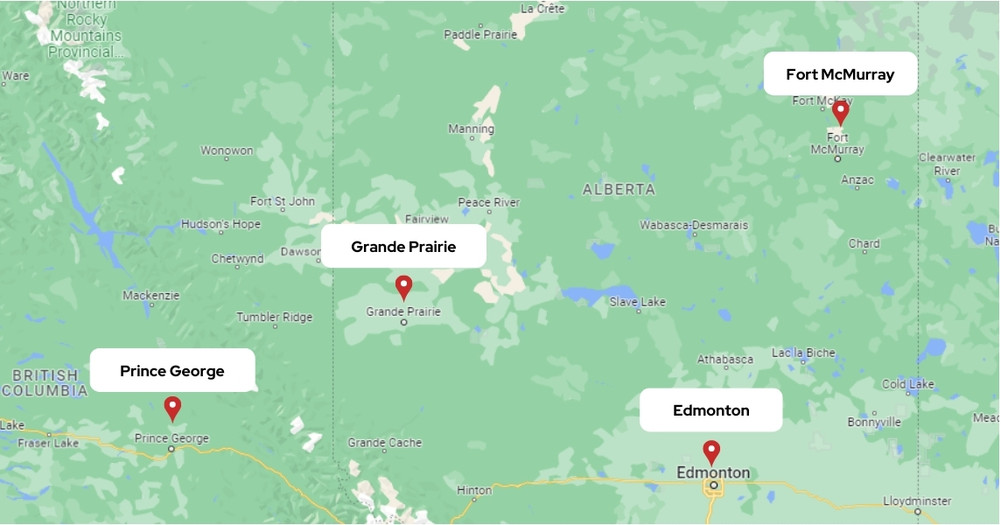As the back-to-school season approaches, parents and students alike face the challenge of managing education expenses and potential debts. With the rising cost of tuition, textbooks, and other school-related necessities, budgeting effectively becomes crucial. This blog provides tips on back-to-school budgeting, managing education debts, and the role of credit counselling in Alberta, particularly in Edmonton.
Understanding Back-to-School Expenses
Back-to-school expenses can be overwhelming. From tuition fees to school supplies, these costs can quickly add up. Here’s a breakdown of common education-related expenses:
Tuition Fees
Tuition is often the most significant expense for students. Whether attending college or university, tuition fees can take a substantial chunk out of your budget. It’s important to factor in these costs early on and explore potential scholarships and grants.
Textbooks and Supplies
Textbooks, notebooks, and other school supplies are essential but can be costly. Consider buying used textbooks or renting them to save money. Additionally, buying supplies in bulk during sales can help reduce costs.
Transportation
Transportation expenses, including fuel, public transit passes, or even a new bicycle, should be included in your budget. These costs can vary depending on your location and mode of transportation.
Accommodation
For students moving away from home, accommodation costs such as rent, utilities, and groceries need to be budgeted. Sharing accommodations with roommates can significantly reduce these expenses.
Miscellaneous Fees
Miscellaneous fees such as lab fees, student activity fees, and technology fees should also be considered. These can vary by institution and program but should not be overlooked in your budget.
Strategies for Back-to-School Budgeting
Effective budgeting can help manage these expenses and prevent unnecessary debt. Here are some strategies to consider:
Create a Detailed Budget
Start by listing all potential expenses and categorizing them. This will give you a clear picture of where your money is going and help you identify areas where you can cut back.
Prioritize Needs Over Wants
Differentiate between needs and wants. Focus on essential expenses first and allocate funds accordingly. For example, prioritize tuition and textbooks over discretionary spending like dining out or entertainment.
Explore Financial Aid Options
Research scholarships, grants, and bursaries that you may be eligible for. These can significantly reduce your financial burden. Additionally, consider applying for student loans if necessary, but be mindful of the long-term repayment obligations.
Save on Supplies
Take advantage of back-to-school sales and discounts. Buy supplies in bulk and consider generic brands instead of name brands to save money. Online marketplaces can also offer competitive prices for textbooks and supplies.
Track Your Spending
Keep track of your expenses throughout the school year. This will help you stay within your budget and identify any areas where you may be overspending. There are numerous budgeting apps available that can simplify this process.
Managing Education Debts
Despite your best efforts, you may still incur education-related debts. It’s important to manage these debts effectively to avoid financial stress in the future.
Understand Your Debt
Know the terms and conditions of your student loans, including interest rates and repayment schedules. This will help you plan your finances better and avoid any surprises.
Make Payments on Time
Ensure that you make your loan payments on time to avoid penalties and additional interest charges. Setting up automatic payments can help you stay on track.
Pay More Than the Minimum
If possible, pay more than the minimum required amount. This will reduce your principal balance faster and save you money on interest in the long run.
Seek Professional Help
If you’re struggling to manage your education debts, along with other unsecured debts consider seeking professional help. Sometimes dealing with other debts can create space for managing your student debts. Credit counselling services can provide valuable guidance and assistance in developing a debt repayment plan.
Credit counselling in Alberta
Credit counselling services in Alberta, including Edmonton, can be a valuable resource for managing your finances. These services offer personalized support and solutions to help you navigate financial challenges.
Alberta Credit counselling
Alberta credit counselling services provide expert advice on budgeting, debt management, and credit improvement. They can help you create a customized plan to manage your education debts effectively.
Edmonton Credit counselling
Edmonton credit counselling services specialize in helping residents of Edmonton and surrounding areas. They offer tailored solutions to address the unique financial challenges faced by students and families in the region.
Benefits of Credit counselling
Credit counselling can provide several benefits, including:
- Personalized financial advice
- Debt management plans
- Credit score improvement strategies
- Financial education and resources
Taking the First Step
Managing back-to-school expenses and education debts can be challenging, but with the right strategies and support, it is possible to achieve financial stability. If you’re struggling with debt, don’t hesitate to seek professional help.
Contact the team at 4 Pillars today for personalized debt counselling and financial planning. We’re here to help you navigate your financial challenges and achieve a debt-free future.



